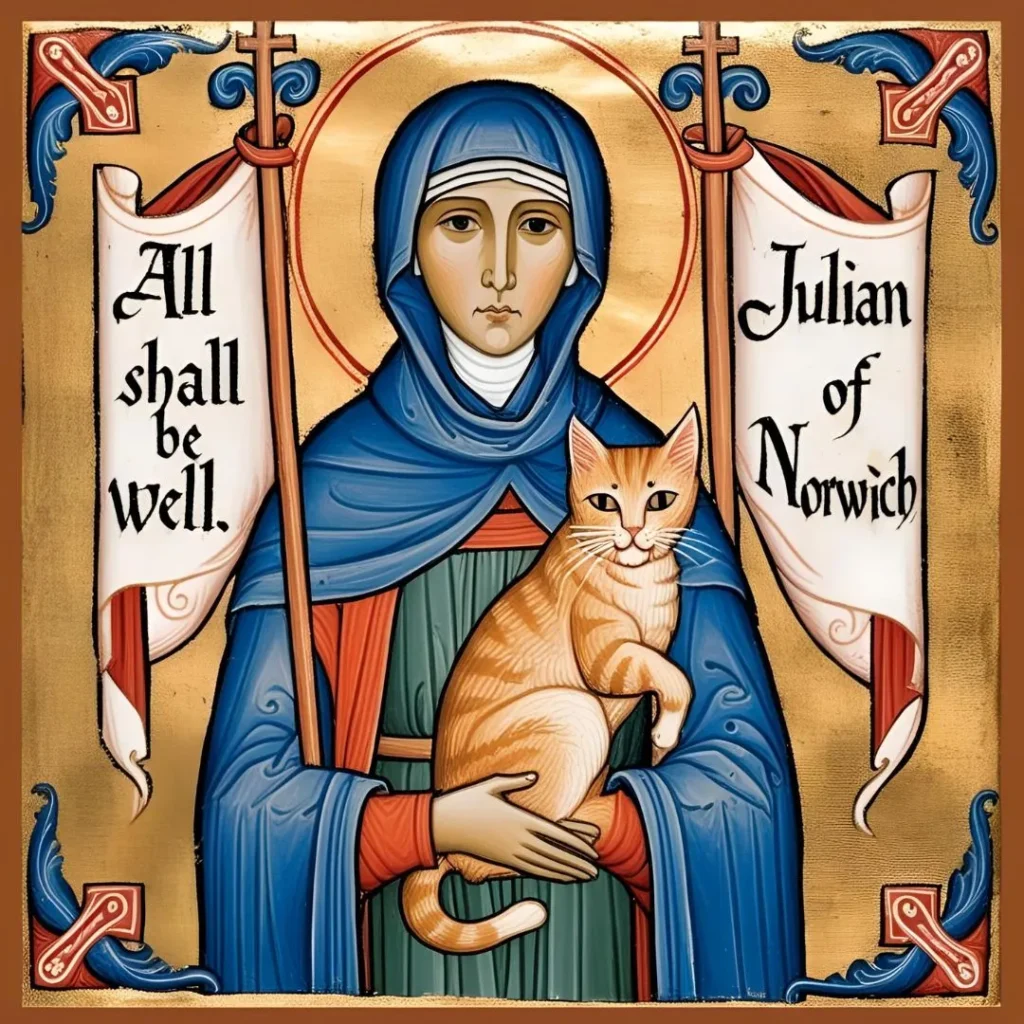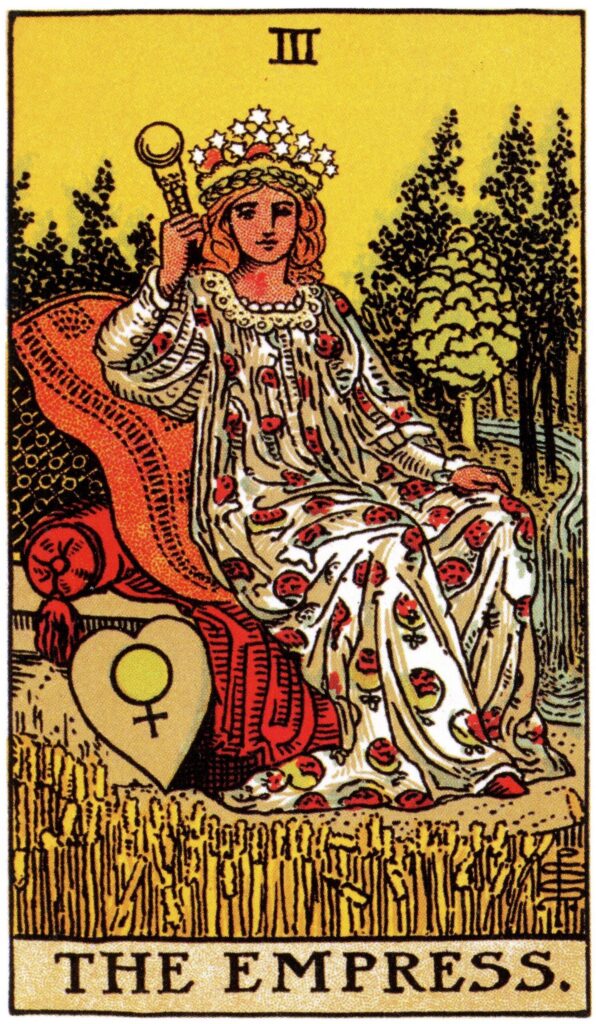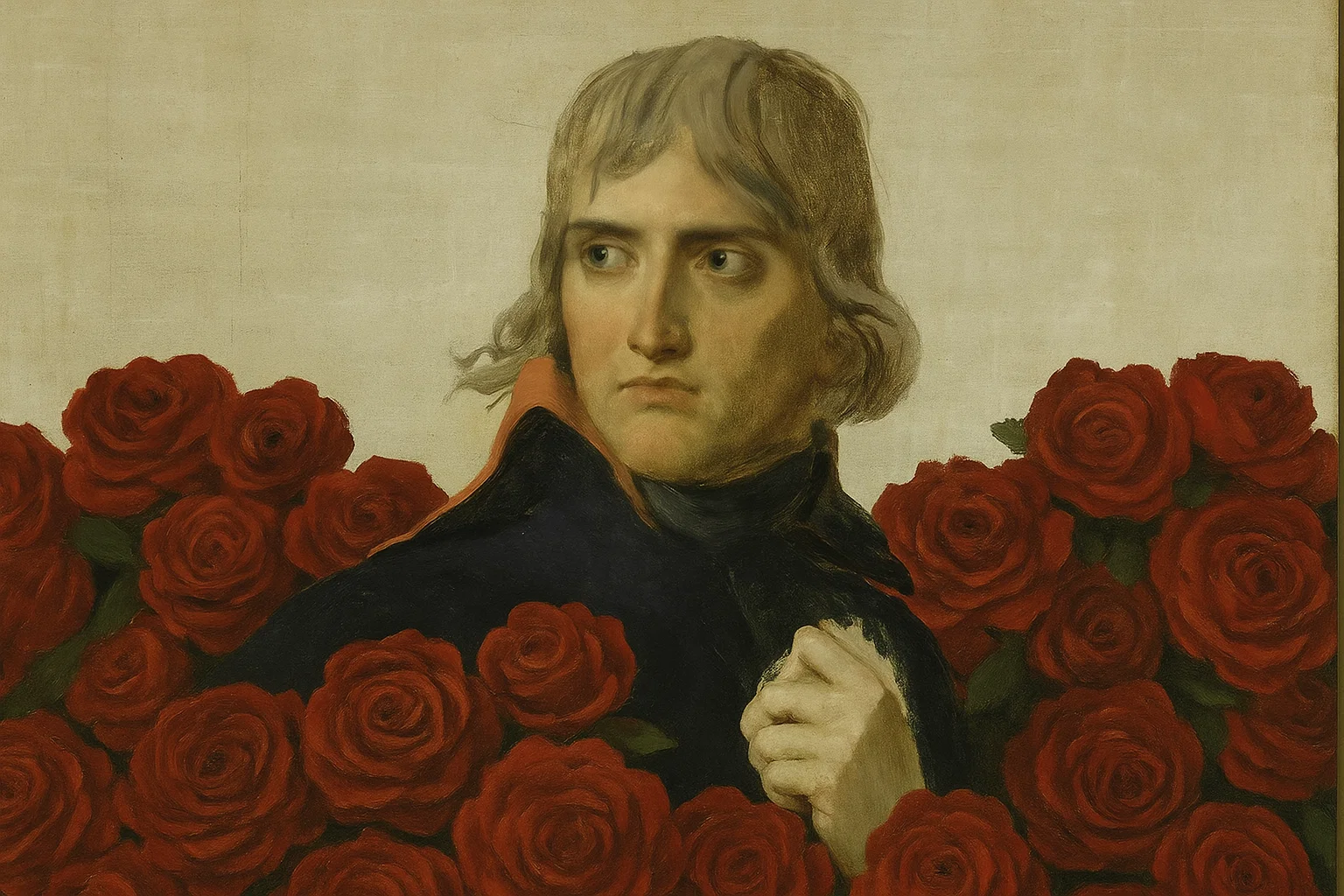The history of empires is the history of longing, projection, and the restless search for permanence in a world shaped by dissolution. Through the centuries, the idea of the Fifth Empire has haunted the Portuguese imagination and, by strange resonance, the hopes of mystics and visionaries far beyond its borders. But few concepts have been so widely misunderstood. The Fifth Empire is not the return of territorial grandeur, nor is it the fantasy of national destiny. Its heart lies elsewhere, in the realm that the ancients called ether, the quintessential, subtle element that binds and transcends earth, water, air, and fire. It is the etheric empire, the invisible sovereignty that dawns not upon a nation or a church, but within the secret chamber of each soul and body that consents to its flowering. The story of conquest and crown finds its reversal: the solar drive to ascend, to organise, to dominate, must, at the appointed hour, yield to a more ancient, more mysterious force: the Rose. And it is this inner transmutation, the yielding of the Napoleonic archetype to the feminine Spirit, which marks the true advent of the Fifth Empire.
I. The Solar Drive: History as Conquest and the Archetype of Napoleon
From the burning heart of the ancient world to the armoured battalions of the nineteenth century, the pulse of history has been animated by the solar impulse. This is the will to create order from chaos, to ascend the Tree of Life, to bring the world under a single law. In Roman times, the imperium was not merely political authority, but the visible shadow of an invisible principle: the right to bring the world into harmony with reason. Centuries later, Napoleon Bonaparte would embody this principle with a rare, almost mythic intensity. Raised from obscurity, he became the axis about which Europe spun, crowned himself, codified laws, and attempted to refashion an entire continent according to the dictates of clarity, precision, and iron will. To read Chateaubriand or Madame de Staël is to witness the fascination and terror that such concentrated power evokes. Napoleon’s very presence was described as an energy that seemed to command reality itself. His armies were extensions of his mind. His exile, first to Elba, then to Saint Helena, reads like the undoing of a Gnostic demiurge, cast out not merely by armies, but by the greater Law of the cosmos.
This archetype is older than Bonaparte. It is the spirit of the magus who would ascend, the builder of towers, the king whose throne is founded on action. Its literature is found in Plutarch’s Lives, in the Analects of Confucius, in the Renaissance treatises of Machiavelli and Jean Bodin. This is the myth of ascent, of the chosen one who bends history by force of vision and the discipline of the will. Such figures imagine themselves as the axis mundi, the still point about which all revolves, but every empire built in their image must eventually confront the limits imposed by the world it would subdue. Solar power, unchecked, becomes rigidity, and rigidity cracks. The Napoleonic archetype reaches its apotheosis only to be confronted by the abyss, by the shadow it has cast and cannot integrate.
II. The Lunar Descent: The Mystery of the Rose and the Metaphysics of Service
Opposed to this mythic ascent stands the secret tradition of descent, one that is lunar, receptive, nurturing, yet never passive. Here lies the heart of the Fifth Empire: not the gathering of lands under one sceptre, but the flowering of the Spirit within. The Rose, ancient emblem of mystery and divine union, unfolds without violence. Its authority is quiet, its presence subtle. In the writings of Teresa of Ávila, in the visions of Julian of Norwich, the logic of the Rose is revealed: what is most powerful is not what subdues, but what transforms through Presence, patience, and deep receptivity. The Rose asks nothing but readiness, and yet from that readiness comes a power that no sword can command.

The Fifth Empire is, above all, an empire of the ether. The ether, in classical cosmology, is the fifth element, neither material nor mental, but the matrix in which all things find their meaning. Its power is not exerted through law or force, but through the silent flowering of the Shekinah, the feminine Spirit, within each individual. This is why the Fifth Empire cannot be founded by generals, priests, or kings; it requires only those willing to become vessels, those who, in yielding, discover an interior sovereignty that owes nothing to geography or time. It is no accident that the legend of the hidden king Dom Sebastião recurs in the Lusitanian soul: the true king is the one who abdicates, the one who disappears so the Spirit may reign. The empire of ether cannot be grasped; it can only be received, as the Moon receives the Sun and returns it transformed.
III. Portugal, Prophecy, and the Field of the Fifth Empire
Portugal’s history is rich in paradox. From a fringe of the Iberian Peninsula, it once erupted across the oceans, carving out an empire whose echoes linger in every hemisphere. But the outer empire was always a symbol, a sign pointing beyond itself. The poets and mystics of Portugal were rarely content with conquest for its own sake; they dreamed of an empire whose boundaries were made of language, longing, and prophecy. Padre António Vieira, writing in the crucible of the Counter-Reformation, proclaimed that the Fifth Empire would arise not from Rome or Jerusalem, but from Portugal, an idea that would take root and be transformed in the work of Pessoa and Agostinho da Silva, who saw in it a vision of metaphysical union, an age when the Spirit would become present everywhere, in every soul, like ether itself.
The power of the Fifth Empire as myth is its refusal to confine itself to territory or dogma. In Vieira’s sermons, one hears the pulse of millenarian Christianity, the dream of the Paraclete, the advent of the Holy Spirit upon the world. But in Agostinho’s hands, the myth becomes luminous and ambiguous, a Rose that blooms in the shadow, an empire that is everywhere and nowhere, an arrival that happens only in the secret chamber of the heart. This is not a call to arms, but a call to attention: to become transparent to the movement of the Spirit, to host the Shekinah, to let the Fifth Element breathe through us.
The emblem of the Rose, recurring in Rosicrucian symbolism and Marian devotion alike, is Portugal’s true gift to the world: a sign that the path to sovereignty leads not through accumulation but through surrender, not through ascent but through descent. The poets who sensed this did not become rulers; they became oracles, offering their lives as altars for the arrival of something greater than themselves. Their writings are filled with longing, but also with humility, a willingness to be overtaken, to let the Spirit descend, even if it means the undoing of one’s own ambitions.

IV. The Surrender of the Emperor: When the Napoleonic Archetype Kneels to the Rose
Nowhere is the difference between the old empires and the Fifth Empire more apparent than in the story of the Emperor who kneels. The Napoleonic archetype is, by its nature, restless. It seeks to impose order, to unite, to conquer. It builds systems, codifies laws, organises reality into legible form. It is solar, vertical, ascending. And, yet, at the heart of every ascent is the necessity of descent. Every mountain calls forth a valley, every triumph requires an offering. The Emperor who wishes to survive his own rise must, at the moment of greatest power, surrender the crown to that which cannot be commanded.
This is the hidden liturgy at the core of the Fifth Empire: the Emperor, at the height of his authority, is called to place his sceptre at the feet of the Empress. This is not defeat. It is metamorphosis. The solar power is not abolished, but transfigured. The fire of Napoleon, once used to command armies, is offered as the warmth that makes the Rose bloom. The sword becomes a tool of the gardener, not the conqueror. The will to rule becomes the capacity to serve.
Examples of this transmutation are found not only in the pages of myth, but in the lives of saints, visionaries, and those rare rulers who understood the limits of power. Marcus Aurelius, writing amidst the campaigns of the northern frontier, speaks again and again of service, of the need to align the self with the greater order that no emperor can control. This is the great secret: the Fifth Empire is not a utopia to be achieved, nor a future event to be awaited. It is an eternal possibility, realised whenever the will to command yields to the will to serve. In this, the Napoleonic archetype finds its apotheosis not in the triumphal arch, but in the garden. The Emperor is crowned, not for conquest, but for surrender. The empire becomes an offering, the Rose its sovereign.
Conclusion
To speak of the Fifth Empire is to speak of a mystery unfolding in the world and in the soul. It is the empire of ether, the subtle fifth element, where all oppositions dissolve into a higher unity. It is not the restoration of lost glory, nor the promise of global dominance. It is the revelation that true sovereignty belongs not to those who seize power, but to those who are possessed by the Spirit. The Napoleonic impulse, with all its genius, all its tragedy, finds its true home when it yields the throne, when it recognises that the ultimate act of power is surrender. The Fifth Empire will never be mapped, never codified in law, never marched behind banners. It arrives in the silence between acts, in the fragrance of the Rose, in the shimmering of ether where one world ends and another begins. It is not a matter of nations or crowns, but of the Spirit descending into the heart and body, and there, finally, finding a kingdom prepared.
